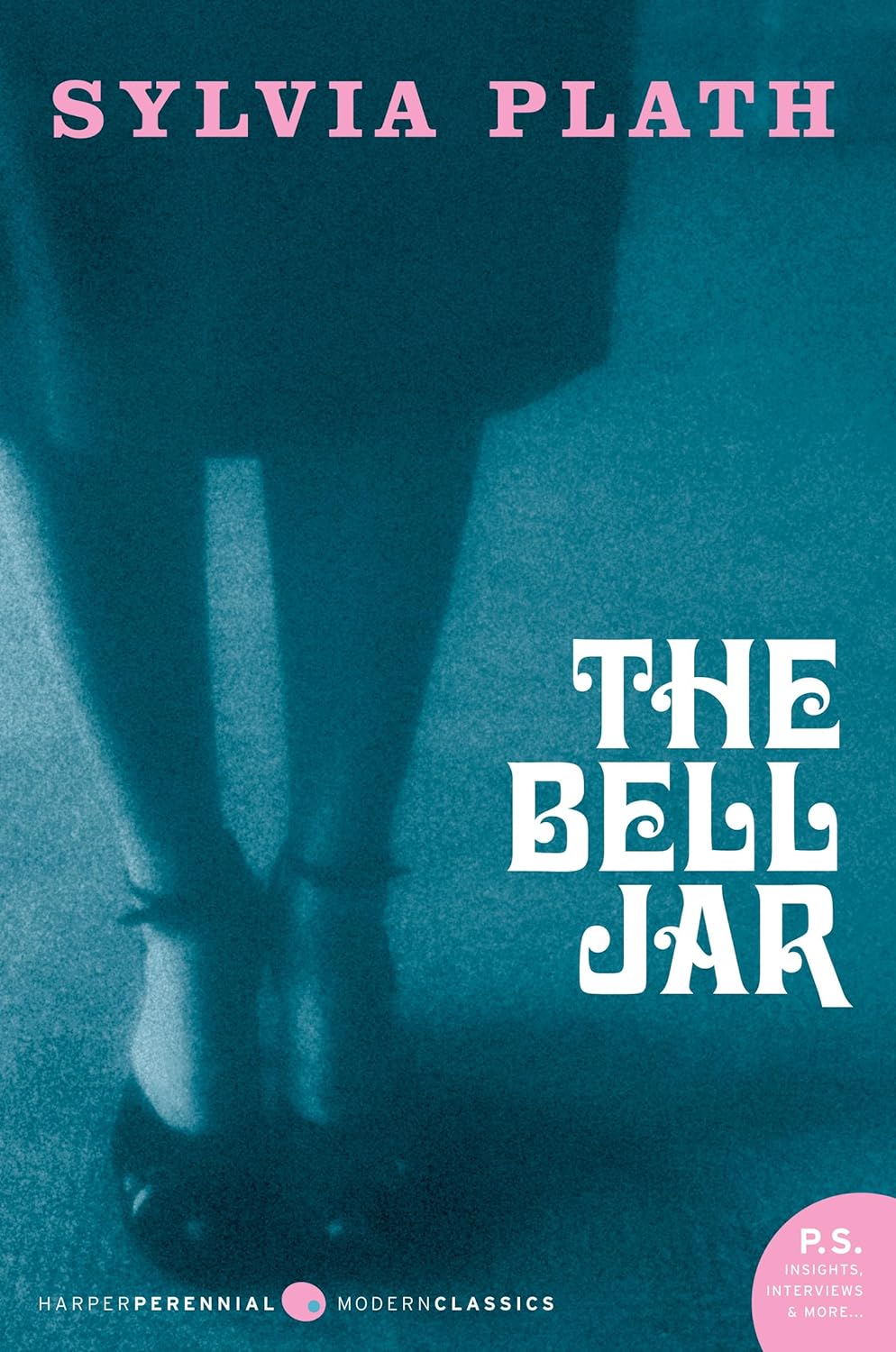Summary | Excerpt | Reviews | Beyond the book | Read-Alikes | Genres & Themes | Author Bio

"Having been Jane Eyre, Anna Karenina and Esther Greenwood all my life, my writing was an opportunity for the reader to have to be me…"
Girl was born on the very day her parents and grandmother immigrated from Malaysia to Australia. The story goes that her mother held on tight to her pelvic muscles in an effort to gift her the privilege of an Australian passport. But it's hard to be the embodiment of all your family's hopes and dreams, especially in a country that's hostile to your very existence.
When Girl receives a scholarship to travel to the UK, she is finally free for the first time. In London and then Scotland she is meant to be working on a PhD on Sylvia Plath and writing a postcolonial novel. But Girl can't stop thinking about her upbringing and the stories of the people who raised her. How can she reconcile their expectations with her reality? Did Sylvia Plath have this problem? What even is a "postcolonial novel"? And what if the story of becoming yourself is not about carving out a new identity, but learning to understand the people who made you who you are?
If Girl's identity struggles and family backstory provide the substance of the book, Sylvia Plath's work offers the structure that hosts the main character's preoccupations. But rather than simply considering how institutional racism can hamper this process for marginalized people, or the usual coming-of-age challenges on the path to self-actualization, she questions the path itself. But the Girl is a sad story in the end, in a way that hits with an unexpected jolt, shaking all its puzzle pieces into place. Yu's novel isn't about family hardships or a young woman finding her place in the world so much as an immigrant daughter recognizing her own authority, and realizing what it really means for a person to disappear...continued
Full Review
 (1080 words)
(1080 words)
(Reviewed by Elisabeth Cook).
 In Jessica Zhan Mei Yu's novel But the Girl, the main character and first-person narrator is writing her PhD thesis on the work of Sylvia Plath. Plath is an iconic writer whose poetry is considered canonical by many but who is also sometimes dismissed as being a mere preoccupation for disillusioned teenage girls and young women. It seems reasonable to dismiss this societal view itself as sexism; Yu addresses the phenomenon in her novel and a recent interview. Still, it's undeniable that Plath has been and remains something of a rock star, susceptible to romanticization. The narrator says, "I loved Sylvia Plath because she always seemed sad and everyone loved her anyway, they even idealised her sadness as if it was a special type of ...
In Jessica Zhan Mei Yu's novel But the Girl, the main character and first-person narrator is writing her PhD thesis on the work of Sylvia Plath. Plath is an iconic writer whose poetry is considered canonical by many but who is also sometimes dismissed as being a mere preoccupation for disillusioned teenage girls and young women. It seems reasonable to dismiss this societal view itself as sexism; Yu addresses the phenomenon in her novel and a recent interview. Still, it's undeniable that Plath has been and remains something of a rock star, susceptible to romanticization. The narrator says, "I loved Sylvia Plath because she always seemed sad and everyone loved her anyway, they even idealised her sadness as if it was a special type of ...

If you liked But the Girl, try these:

by Danzy Senna
Published 2025
A brilliant dark comedy about love and ambition, failure and reinvention, and the racial- identity-industrial complex from the bestselling author of Caucasia.

by Michelle de Kretser
Published 2025
A new novel of startling intelligence from prizewinning Australian author Michelle de Kretser, following a writer looking back on her young adulthood and grappling with what happens when life smashes through the boundaries of art.